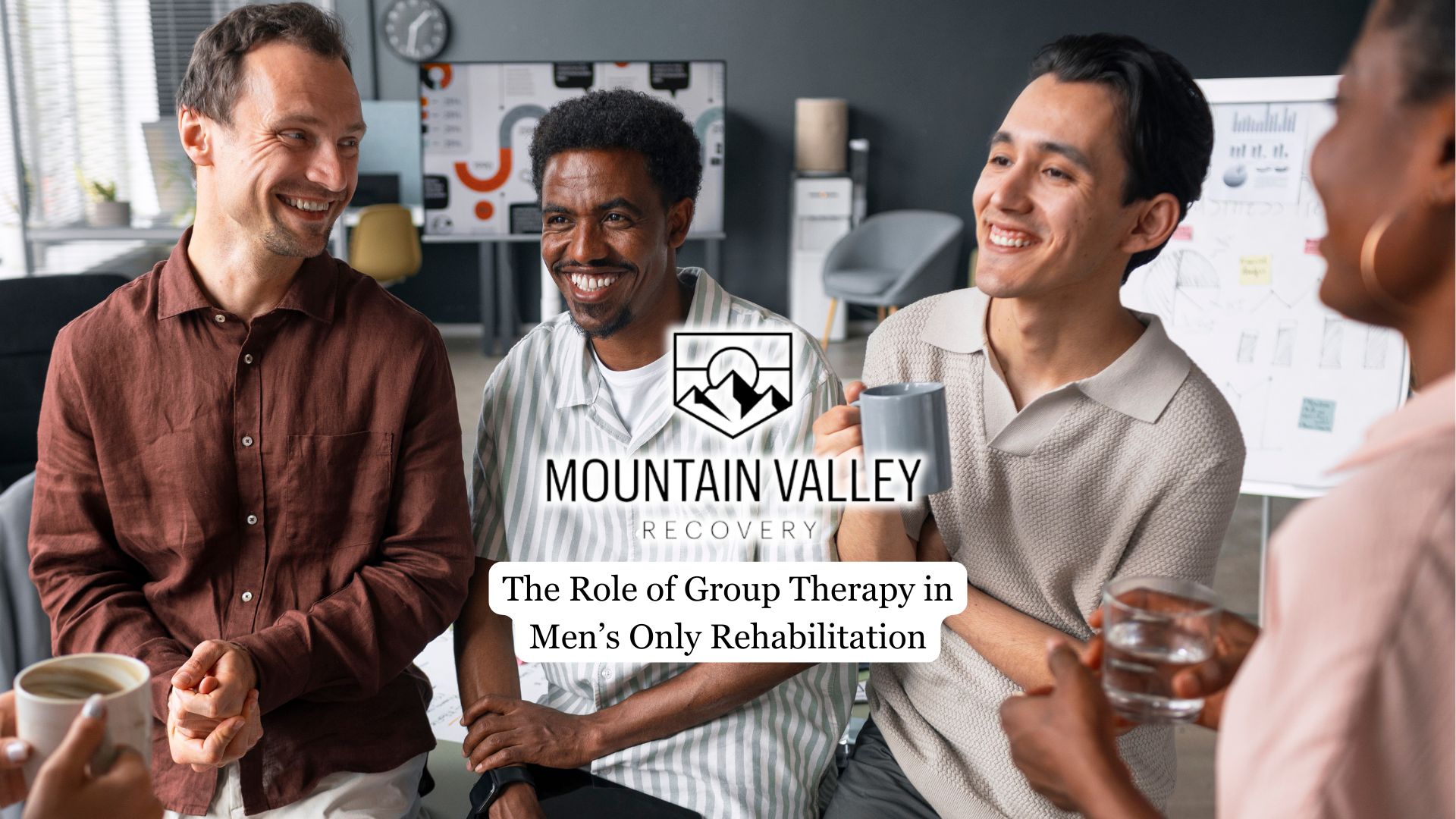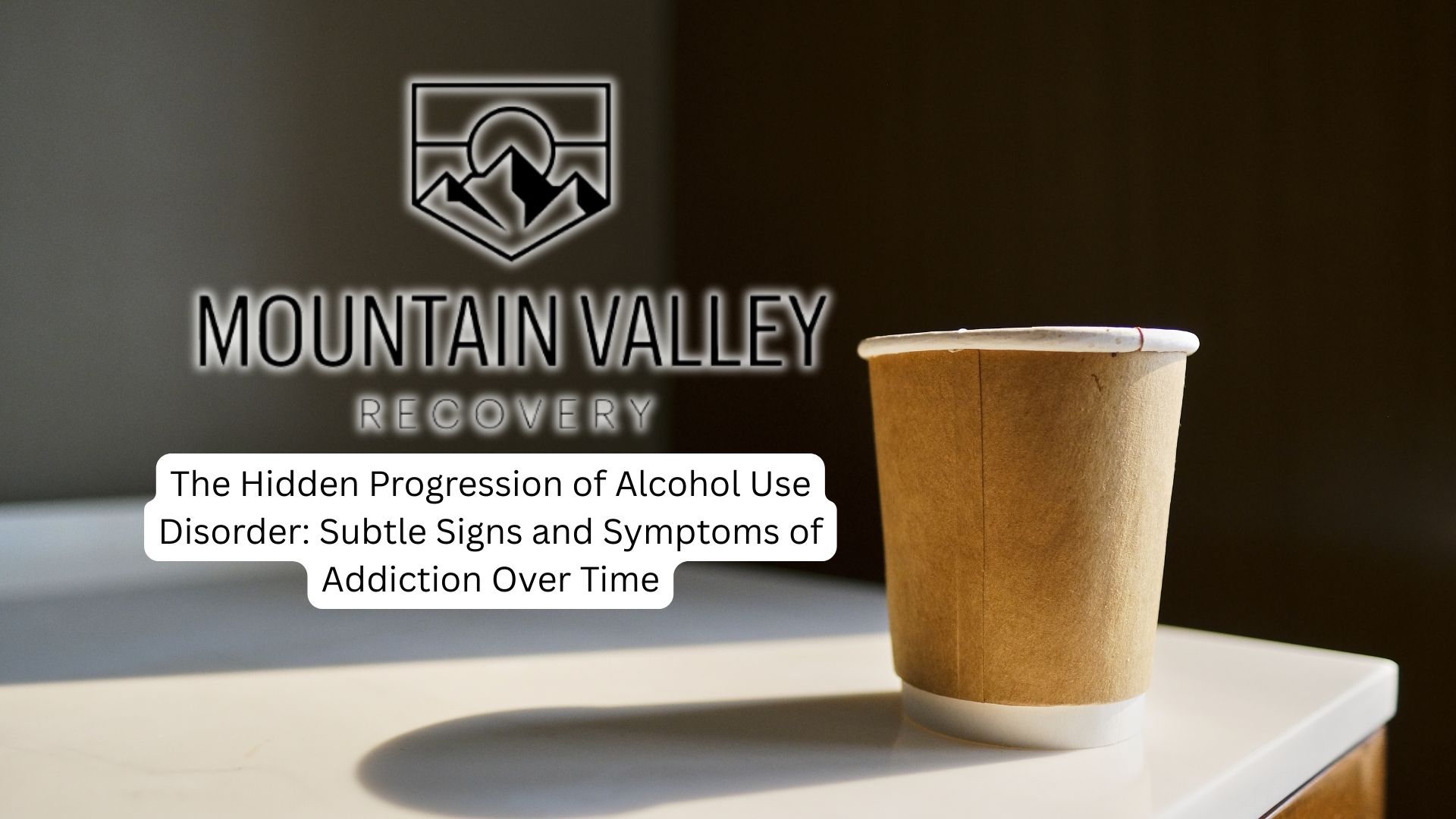Group therapy is a crucial component of effective addiction recovery treatment, especially in men’s only rehab programs. It plays a vital role in promoting healing, personal growth, and long-lasting recovery.
By exploring the significance of group therapy in men’s only rehabilitation, we can better understand how this approach tackles issues specific to men, encourages accountability, and ultimately leads to sustainable recovery and personal development.
Structure of Group Therapy in Men’s Rehab
Group therapy sessions for men’s rehab typically involve 6 to 12 participants who meet regularly with one or two trained therapists or counselors. These sessions usually last between 60 to 90 minutes and occur multiple times a day in residential treatment settings.
The group format can be either closed, with a fixed number of sessions and participants, or open, allowing new members to join on a rolling basis. In men’s rehab, the structure often addresses male-specific issues, such as societal expectations, masculinity norms, and unique patterns of substance abuse.
The therapy sessions are carefully designed to foster camaraderie, encourage vulnerability, and promote mutual understanding among participants.
Activities may include sharing personal experiences, role-playing, skill-building exercises, and discussions on relevant topics such as fatherhood, workplace pressures, and relationships.
Enhancing Communication Skills
In this supportive environment, participants are encouraged to share their thoughts, feelings, and experiences with peers who can relate to their struggles. This practice helps men overcome societal expectations of stoicism and emotional restraint, allowing them to develop a more nuanced emotional vocabulary.
Through guided discussions and feedback sessions, men learn to articulate their needs, fears, and aspirations more clearly. They also gain valuable experience in active listening, empathy, and providing constructive feedback to others.
The group setting offers a safe space to practice these skills, with immediate feedback from both facilitators and peers. As men become more comfortable expressing vulnerability and receiving support, they often find these improved communication skills transferring to their personal and professional lives outside of rehab.
This enhanced ability to communicate effectively can lead to stronger relationships, better conflict resolution, and a reduced likelihood of turning to substances as a means of coping with emotional challenges.
Addressing Male-Specific Issues
In this setting, men can openly discuss topics that may be difficult to broach in mixed-gender environments, such as societal pressures to be “strong” or “tough,” struggles with fatherhood, workplace stress, and relationship dynamics.
The all-male environment allows for candid conversations about masculinity, helping participants explore and redefine what it means to be a man in today’s society without fear of judgment. Issues like sexual health, aggression, and emotional repression are addressed head-on, encouraging men to develop healthier perspectives and coping mechanisms.
Group therapy also provides a space to discuss male-specific trauma, such as childhood abuse or military experiences, which may have contributed to substance abuse.

Peer Support and Accountability
In group therapy, men establish connections with others who have faced similar challenges and experiences, fostering a sense of camaraderie and mutual understanding. This peer network offers emotional support, encouragement, and motivation throughout the recovery process. Participants often find strength in realizing they’re not alone in their struggles, and they can gain insights from others’ experiences and coping strategies.
Accountability is inherently built into the group dynamic, as members hold each other accountable for their recovery goals and commitments. Men are more likely to be forthright about their challenges and progress when surrounded by peers who can relate to their experiences.
The group setting also provides opportunities for constructive feedback and gentle confrontation when someone is at risk of relapse or engaging in self-destructive behaviors. This peer-driven accountability often proves more effective than external pressure, as it stems from a place of shared experience and genuine concern.
Creating a Supportive Community
This setting cultivates a strong sense of brotherhood and camaraderie, where men feel safe to lower their defenses and express vulnerability without fear of judgment. The shared experiences of addiction and the challenges of recovery forge deep bonds among participants, leading to meaningful connections.
In this supportive atmosphere, men often find it easier to open up about personal struggles, emotions, and fears that they might have previously kept hidden due to societal expectations of masculinity.
This supportive environment extends beyond the therapy sessions, as participants often form lasting friendships and support networks that continue to provide strength and encouragement throughout their recovery journey.
Final Thoughts from Mountain Valley Recovery
At Mountain Valley Recovery, group therapy is seamlessly incorporated into a comprehensive treatment program designed to address the unique needs of men battling addiction. The serene ranch setting provides an ideal backdrop for recovery, enabling participants to detach from everyday stressors and fully dedicate themselves to their healing journey. By opting for a men-only program like the one offered at Mountain Valley Recovery, individuals gain access to a supportive community of peers who truly understand the distinct challenges they face.





